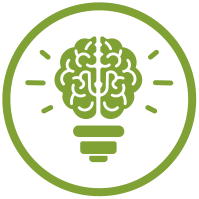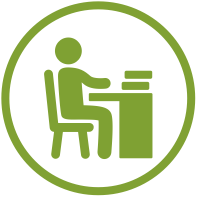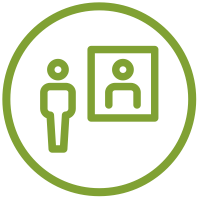Welcome to this week’s revision assignment. This week you will be revising physical processes that cause earthquakes and volcanic eruptions as part of The Challenge of Natural Hazards unit. Your challenge is to be able to:
- Understand plate tectonics theory
- Know the distribution of volcanoes and earthquakes
- Know the physical processes happening at each plate margin
You’ll be using the 4Rs of Revision technique to complete this. This method of revising is based on the latest learning science, and you can find out more about it here (if you’re really bored!).
Step 1
Review
Step 2
Revise
Step 3
Reassess
Step 4
Reflect
Step 1 – Review
To begin with, you will see what you already know about this course area by completing the review below. Don’t worry, this is just to identify your strengths and areas to focus your revision on. Once you’ve completed the review, move on to step 2.
Step 2 – Revise
You can now identify what you need to focus your revision on. The question numbers from the review have been added below so you can prioritise what you will revise. Focus on the areas where you didn’t do too well!
- Understand plate tectonics theory (Questions 1-3)
- Know the distribution of volcanoes and earthquakes (Questions 4-9)
- Know the physical processes happening at each plate margin (Questions 10-19)
Part 1 – Choose your revision technique
It’s time to start revising! Not sure how to revise? There are lots of techniques available to you. We’ve put together a guide to the most effective revision techniques, which you can have a look at!
Part 2 – Produce your revision materials
Once you’ve chosen your revision technique, have a look at the background information we’ve got on this topic (and start preparing your revision materials):
- Understand plate tectonics theory
- Know the distribution of volcanoes and earthquakes
- Know the physical processes happening at each plate margin – conservative margins, destructive margins and conservative margins
Part 3 – Check your learning
When you feel more confident about this topic area, why not head over to the Interactive Revision area and try out the revision activities under the WHY DO TECTONIC PLATES MOVE?, THE DISTRIBUTION OF EARTHQUAKES AND VOLCANOES and PLATE MARGINS headings and check your understanding?
Step 3 – Reassess
Part 1
Once you’ve completed your revision and have revisited it a few times, reassess yourself using the questions below.
Part 2
Have a go at exam-style questions. Your teacher may have provided some for you. If not, ask!
Step 4 – Reflect
You must reflect on your learning. Learning scientists say it helps! We’ve put together a guide to reflecting on your revision which you should take a look at.





